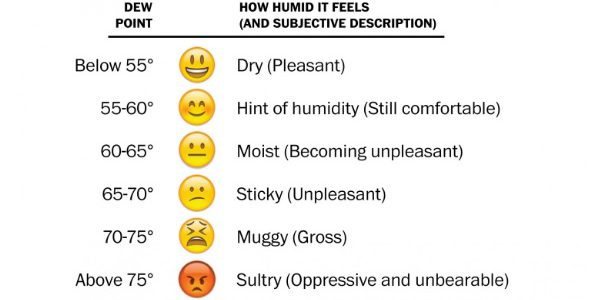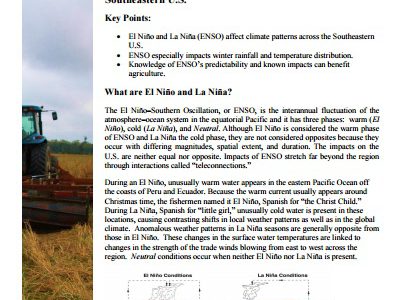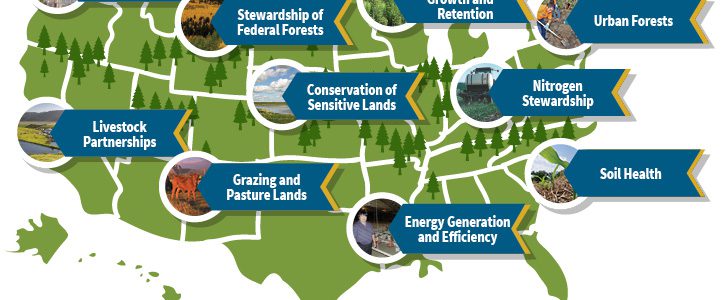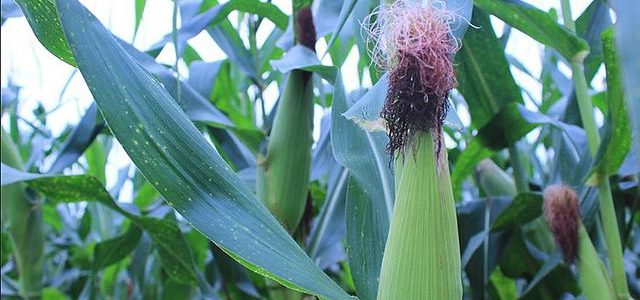Climate science
-

The Washington Post had a thoughtful article today about how Hoboken NJ is dealing with development along the seafront following the devastation from Hurricane Sandy. This is particularly important because of the risks from sea level rise in the coming decades, which will make inundation along the coastline more frequent in the future. Many coastal…
-

The Capital Weather Gang of the Washington Post had an interesting article earlier this week discussing why the current weather is bringing huge rains to Louisiana and other areas of the central US as well as bringing heat and sweltering weather to the East Coast. The maps in this article are a couple of days…
-

You know if you’ve been reading this blog that we missed out on a bunch of rain this week. The lucky winner instead was Louisiana, which had estimated rain totals as much as 30 inches so far, and it is still raining. Here are a couple of stories about the flooding. Steve Hilberg wrote about…
-

I was pleased to meet with the ANR extension agents in Southeast Georgia today in Brunswick and talk to them about sources of weather and climate information. I mentioned fact sheets on Southeast climate but did not provide the web link, so here it is: https://agroclimate.org/fact-sheets-climate.php. If you are interested in producing similar fact sheets for…
-

The Sightline Institute published a unique resource on climate change back in 2013 that just came to my attention. Dr. Greg Johnson, a Northwest oceanographer, published a set of 19 illustrated haikus which summarize the latest IPCC report on changing climate. Take a look at the beautiful artwork and see how succinctly this very large…
-

The US Department of Agriculture has an interesting website with ten case studies documenting their plan to help farmers and foresters plan for climate change. Here is some of the information from the web site. You can read more at: https://www.usda.gov/wps/portal/usda/usdahome?contentidonly=true&contentid=climate-smart.html ——————————————————————————————————- The effort relies on voluntary, incentive-based conservation, forestry, and energy programs to reduce…
-

To understand how common crops respond to changes in climate, some researchers at the University of Minnesota have built a sophisticated climate-controlled laboratory for studying how crops like corn respond to changes in temperature, carbon dioxide concentration, and rainfall. I was amazed at how carefully they had to put together the lab, for example in…